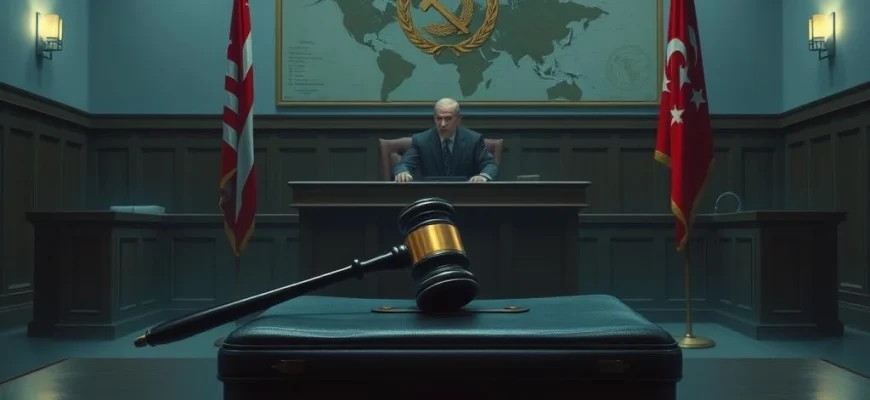If you enjoyed the gripping courtroom drama and historical significance of 'Judgment in Berlin' (1988), you'll love these 10 similar movies and shows. This article explores compelling legal thrillers, Cold War narratives, and thought-provoking dramas that capture the same tension and moral dilemmas. Whether you're a fan of historical accuracy or intense legal battles, this list has something for you.
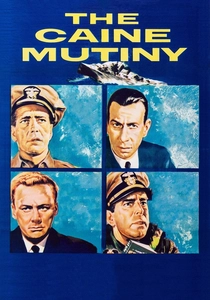
The Caine Mutiny (1954)
Description: A naval courtroom drama that examines leadership, loyalty, and the psychological toll of command. The film's trial scenes reveal the complexities of military justice and the fine line between incompetence and insanity.
Fact: Humphrey Bogart's performance as Captain Queeg earned him an Academy Award nomination. The film was adapted from Herman Wouk's Pulitzer Prize-winning novel.
 Watch Now
Watch Now 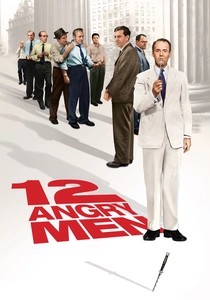
12 Angry Men (1957)
Description: A masterclass in tension and dialogue, this film takes place almost entirely in a jury room, where twelve men debate the fate of a young defendant. Its exploration of prejudice, reasonable doubt, and the weight of decision-making makes it a timeless legal drama.
Fact: The entire film was shot in just 21 days. The movie was initially a box office disappointment but later gained acclaim and is now considered a classic.
 Watch Now
Watch Now 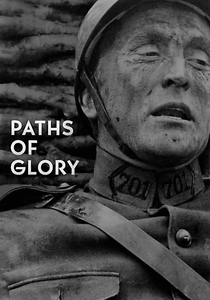
Paths of Glory (1957)
Description: A stark anti-war film that includes a gripping courtroom-martial sequence, highlighting the injustice and futility of military hierarchy. The film's unflinching look at the abuse of power and the sacrifice of individuals for institutional pride is profoundly moving.
Fact: The film was banned in France for nearly 20 years due to its negative portrayal of the French military. It was Kirk Douglas' passion project, and he fought hard to get it made.
 Watch Now
Watch Now 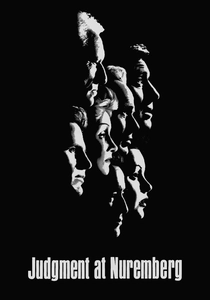
Judgment at Nuremberg (1961)
Description: This film delves into the moral complexities of post-war trials, focusing on the accountability of individuals within a larger system. Its intense courtroom scenes and ethical dilemmas highlight the challenges of delivering justice in politically charged environments.
Fact: The movie features actual footage from Nazi concentration camps, which was included to emphasize the gravity of the crimes being tried. It was initially intended as a television play before being adapted into a feature film.
 Watch Now
Watch Now 
The Trial (1962)
Description: A gripping courtroom drama that explores themes of justice, bureaucracy, and the individual's struggle against an opaque legal system. The film's surreal and oppressive atmosphere mirrors the tension of legal proceedings where truth is elusive.
Fact: Based on Franz Kafka's novel, the film was shot in Zagreb, Croatia, using abandoned buildings to create its nightmarish aesthetic. It was Orson Welles' personal favorite among his own films.
 Watch Now
Watch Now 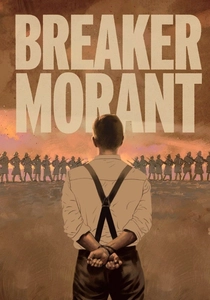
Breaker Morant (1980)
Description: A historical courtroom drama that examines the blurred lines between military duty and moral responsibility. The film's portrayal of a controversial trial underscores themes of scapegoating and the limits of legal fairness in wartime.
Fact: The story is based on real events during the Second Boer War. The film was shot in South Australia, standing in for South Africa, and was made on a modest budget but became a critical and commercial success.
 Watch Now
Watch Now 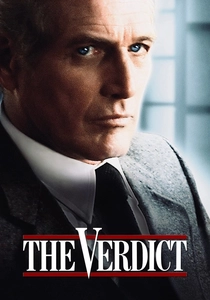
The Verdict (1982)
Description: A compelling story about a down-and-out lawyer seeking redemption through a medical malpractice case. The film's focus on ethical dilemmas, personal integrity, and the pursuit of justice against powerful adversaries resonates deeply with legal drama enthusiasts.
Fact: Paul Newman was nominated for an Academy Award for his role. The film was shot in Boston, and many of the courtroom scenes were filmed in an actual functioning courthouse.
 Watch Now
Watch Now 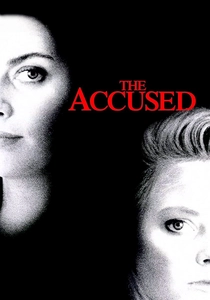
The Accused (1988)
Description: A harrowing legal drama that focuses on a rape victim's fight for justice in a system that often fails survivors. The film's raw portrayal of courtroom battles and societal prejudices underscores the challenges of achieving true accountability.
Fact: Jodie Foster won her first Academy Award for her performance. The film was inspired by a real-life case where bystanders cheered on a rape in a bar.
 Watch Now
Watch Now 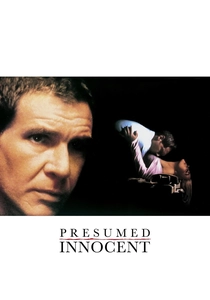
Presumed Innocent (1990)
Description: A gripping legal thriller that combines a murder mystery with courtroom drama, exploring themes of obsession, betrayal, and the fragility of truth. The film's twists and turns keep viewers questioning the nature of justice until the very end.
Fact: The film's twist ending was kept tightly under wraps during production to avoid spoilers. It was based on Scott Turow's bestselling novel of the same name.
 Watch Now
Watch Now 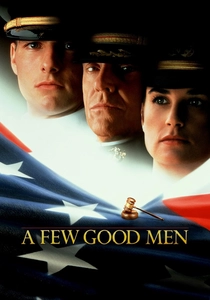
A Few Good Men (1992)
Description: A tense legal thriller that revolves around military justice and the moral dilemmas faced by those within the chain of command. The film's sharp dialogue and climactic courtroom confrontation highlight the struggle for truth in a system designed to protect its own.
Fact: The famous line 'You can't handle the truth!' was voted as one of the most memorable movie quotes by the American Film Institute. The screenplay was written by Aaron Sorkin, who also penned the original stage play.
 Watch Now
Watch Now 
